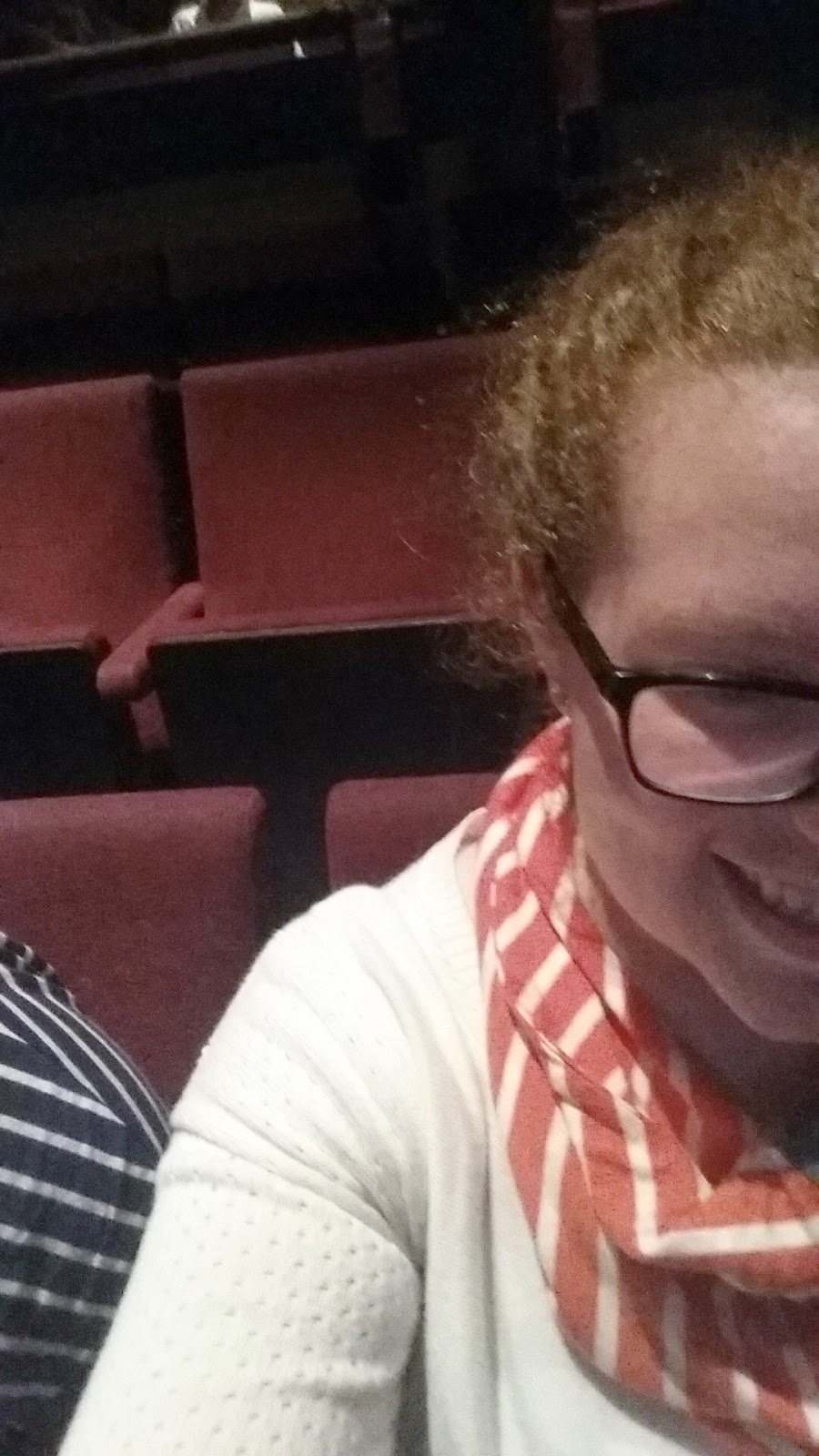William
Shakespeare’s Henry IV, Part I brings
to mind images of honor, glory, and rebellion. Although there are many issues
presented in the play that are
poignant, the one that stood out the most to me was the maturation of Prince
Hal—or the lack thereof, if he was in fact “faking” his misbehavior. Despite
the fact that he was only pretending at the start of the play, by the end, his
character has seen much development in ways the prince probably was not
expecting.
When
Prince Hal (Alex Hassell) is first seen, he is, in short, extremely immature.
His first scene involves him in bed with two women as the comic relief after an
extremely serious opening scene. His next scene is not much better; he and his
friends scheme to steal a thousand pounds, and then he and his friend plan to
swipe it again from their own group for laughs. This definitely doesn’t seem to
be the first time he’s done it, though. His fellow thieves seem to know him
well, and mentions are made to previous “excursions” of the same kind. He even
plans tricks on Sir John Falstaff (Antony Sher) as a joke. It seems as though
such a boy isn’t fit to be king any time soon.
Surprisingly,
however, he manages his role as prince quite well. During the mock royal court
in the tavern, he replaces Falstaff as king because he thought Falstaff wasn’t
a good enough actor. Prince Hal’s acting chops, though, are surprisingly good;
he plays king just as well as his own father might. When he finally does meet
with the king, he knows precisely what to say and
how to
say it in order to get his father on his side, and he even stands up and offers
to battle Hotspur. In the midst of the battle, he protects his father from
Douglas’ attempt at his life, and he does in fact fight Hotspur (Trevor White) and
win. In the very last scene, his father even entrusts him with ruling a part of
his kingdom. The stage helps solidify this point; the smooth transitions,
thrust stage, and vomitories make entrances and exits much more dramatic or
subdued when necessary, especially during the battles at the end of the play.
Because of this, the audience was able to see the passion and growth (or lack
thereof) in each scene. As the show went on, I definitely felt as though
whatever change Prince Hal went through was occurring directly in front of me. The
actors even involved the audience in many of the scenes, making it as though we
were also thieving and fighting the battles with them. At this point, it begins
to seem as though Hal has made quite a turn-around, and much for the better.
But
when he is out carousing with his friends, Prince Hal tells them that he’s just
taking a cue from Machiavelli. He is only pretending
to be rambunctious in order so that, when he does become king, he will look
even better for having overcome his youth. He argues that his thievery and
antics are, in fact, good for the country, because it means he will be that
much better of a king. So was there really a “growing up” at all, or was it all
an act? And why would anyone in their right mind think that stealing from nuns
is “good for the country?”
If the
whole thing wasn’t staged, Prince Hal did quite a bit of maturing in a short
period of time. In one scene, he’s playing king with his comrades, and in the
next, he’s offering to battle the rebellious Hotspur for his father. The
possibility that it could all just be an act is a strong one, but it is also
possible that this was merely an excuse to get away with everything he did.
Perhaps he wanted to steal for the adrenaline rush, or to simply have something
fun to do with his friends, and the excuse that it would make him a good king
seemed to be the one that would get him in the favor of more people. And it
certainly does; the bystanders in the pub seem impressed with his explanation
for his actions.
Regardless
of whether he had Machiavellian intentions, Prince Hal does eventually
experience character development. After slaying Hotspur, his entire demeanor
changes. He is no longer a boy playing at kingship and war—he has been thrust
into the midst of it. The land he is given to rule requires that he actually
does mature, and quickly. Actions speak louder than words, and although Hal has
been talking about how he will become a great king, it is not proven until he
goes into battle and is given land to rule, which are perhaps the most “kingly”
demonstrations of strength, both physical and mental. His real “growing up” is
not of his own choice, but of an event that requires growth and change in any individual
who experiences it.
Although
his rebellious stage may or may not have been an act, by the end of the play,
Prince Hal has experienced development and a sense of adulthood that he
definitely did not have at the beginning. The experience of killing a fellow
man changes him entirely. That, not a decision to change on his own, is what
causes his maturation.

No comments:
Post a Comment